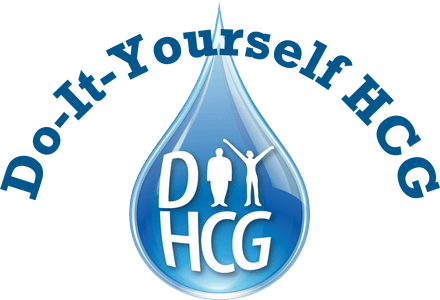Vitamin C Deficiency
 If you feel sluggish and tired, it may not be due to a lack of sleep but a lack of certain nutrients. Did you know when your body is not absorbing and getting the right nutrients, it can cause constant fatigue? In most cases, a vitamin C deficiency is often overlooked as a cause. It is an important nutrient in keeping your body working at optimum levels.
If you feel sluggish and tired, it may not be due to a lack of sleep but a lack of certain nutrients. Did you know when your body is not absorbing and getting the right nutrients, it can cause constant fatigue? In most cases, a vitamin C deficiency is often overlooked as a cause. It is an important nutrient in keeping your body working at optimum levels.
Vitamin C and Energy
If you're like most people, you reach for vitamin C to help you get through a cold or flu. What most people don't realize is fatigue is one of the first signs of vitamin C deficiency. What does vitamin C have to do with energy levels? A lot.
Your body needs adequate amounts of vitamin C to convert fatty acids in your body into useable energy. There is a compound inside your body known as carnitine, which helps carry fatty acids to mitochondria inside your cells. Vitamin C is responsible for the production of carnitine in the body, which carry mitochondria to cells to help them generate energy.
Vitamin C helps convert amino tyrosine, an amino acid, into the hormones responsible for stress reduction: epinephrine and norepinephrine. Both hormones play a role in helping the body respond to stress and mobilizing energy. When your body does not respond well to stress, it can quickly lead to fatigue.
Who's At Risk?
While most people may find it easy to get the Recommended Daily Allowance (RDA) of vitamin C daily, some either don't eat enough foods rich in this important vitamin or are deficient for other reasons, such as:
. Smoking
. Diabetes
. Chronic inflammation
. Aspirin users
. Bacterial infections
. Viral infections
. Cancer
The RDA for vitamin C is 60 milligrams a day. Most people can easily get that amount from foods rich in vitamin C, such as broccoli, citrus fruits, parsley, green and red bell peppers, kale, strawberries, and cabbage. However, if you feel fatigued and maybe don't eat a diet that includes vitamin-rich foods, you can take supplements.
Safe Dosages
While taking Vitamin C, know that it is safe at a wide range of doses. Smokers should increase their daily intake to at least 100 milligrams, and it is safe to take up to 1,000 milligrams a day if needed. If you take over 1,000 milligrams a day, it can cause diarrhea.
If you're on the low-calorie phase of the HCG Diet, know that Dr. Simeons, the original formulator of the HCG Diet, did not permit dieters to take most supplements. However, he did allow vitamins C, D, and calcium, so you're in luck! Just make sure that the vitamin C is in the form of a sugar free tablet. If you plan to take vitamin C supplements, spread the dosage out over the course of a day and drink plenty of water. If you do get diarrhea, you'll need to cut back.
It 's also important to reduce your intake of vitamin C to 100 milligrams a day for at least three days before medical exams. This is because you want to prevent large doses from interfering with blood work and other medical tests.
Your daily dose of vitamin C does much more for your body than just help fight off colds. It also helps keep you energized and acts as a powerful antioxidant in the body to help your body function better as a whole.
